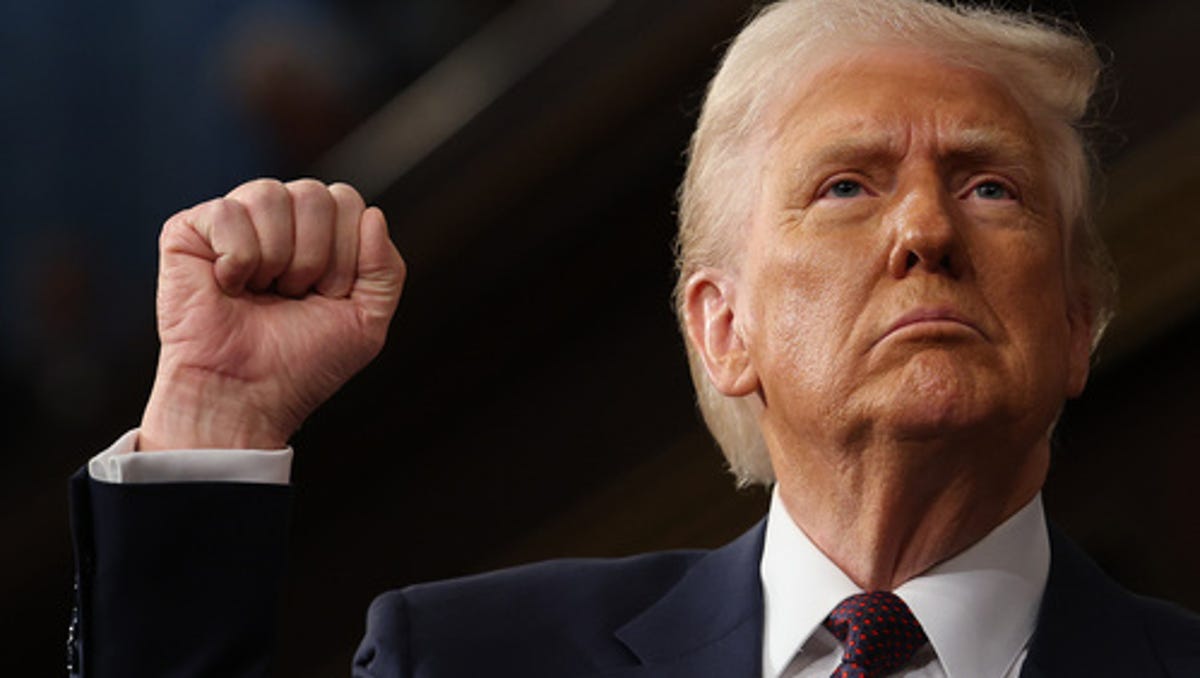Canadian, Mexican and American industries react as tariffs take effect
North Americans in the auto, agriculture and toy industries shared their reactions to new tariffs.
WASHINGTON ― President Donald Trump has agreed to exempt automobiles from newly imposed tariffs on imports from Canada and Mexico for the next month at the request of the three largest U.S. automakers, the White House said Wednesday.
White House press secretary Karoline Leavitt said the carve-out is “so they are not at an economic disadvantage” but reiterated reciprocal tariffs against all nations that put fees on U.S. exports will still go in effect April 2.
“They requested the call. They made the ask,” Leavitt said of General Motors, Ford and Stellantis, which strongly oppose the tariffs. “And the president is happy to do it.”
The move comes after Trump’s 25% tariffs on all imports from Canada and Mexico ignited a trade war and sent the stock market tumbling for two straight days while stoking anxiety for consumers about higher costs.
During his joint address to Congress, Trump said he spoke Tuesday earlier in the day with leaders of General Motors, Ford and Stellantis.
Trump has argued the tariffs are in retaliation for a lack of border security from Canada and Mexico that has allowed fentanyl to flow into the United States. He’s also said the tariffs are needed to boost domestic manufacturing and to bring in new tax revenue. But economists warn that tariffs, which are taxes on imports, are passed down to consumers with higher prices.
On Tuesday night, Trump acknowledged that the tariffs will cause “a little disturbance” but the second-term president who won the White House last November with help from his economic messaging said it’s worth it.
“Tariffs are about making America rich again and making America great again,” Trump said, reaffirming that new reciprocal tariffs ‒ whereby the U.S. will impose tariffs on any nation that places duties on U.S. exports ‒ will go into effect April 2.
“Whatever they tax us, we will tax them,” Trump said. “If they do non-monetary tariffs to keep us out of their market, then we will do non-monetary barriers to keep them out of our market.”
